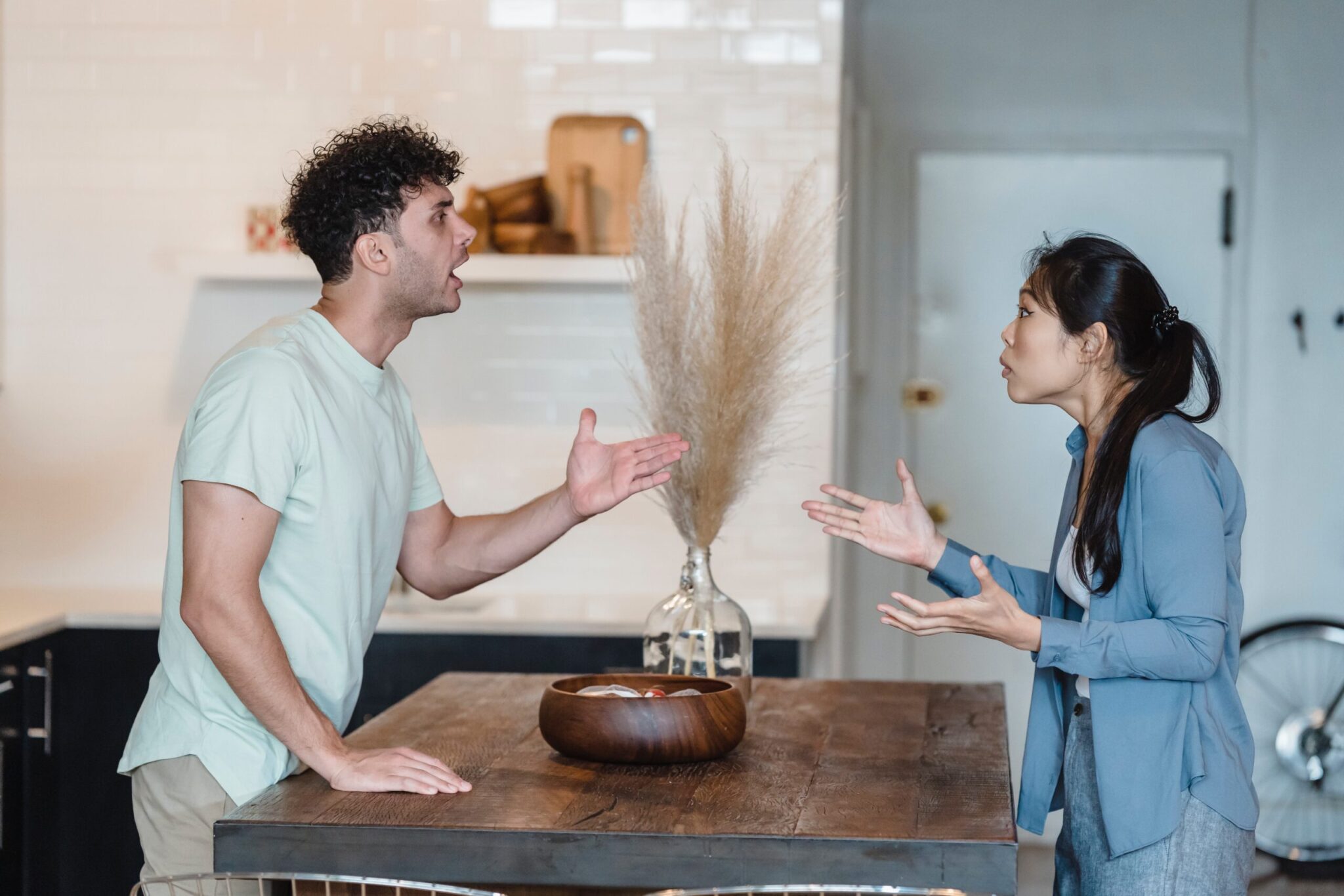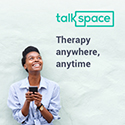
Has Communication Been a Little Off Lately Between You and Your Partner?
People continually speak with one another, regardless of if we accept each other. In addition to spoken words, we unconsciously communicate through nonverbal cues like body language and facial expressions, voice tone, and actions.

Intimacy, conflict, and relationship development will all suffer in couples who do not learn to communicate consciously. True connection requires understanding your partner’s inner world and having them understand yours. If you cannot communicate effectively, your relationship will deteriorate over time, and you will drift apart.
It’s impossible to ignore communication in a relationship, especially when you actively feel you can’t communicate with your partner due to the severe negative impacts caused by the lack of communication in a relationship. If you and your partner have experienced a lack of communication lately, the following thoughts are crucial for you.
Why is Effective Communication Important for Relationships?
Partners can improve their communication skills through exercises in couples therapy. This is only one of the many advantages of couples’ therapy. During this process of positive relationship communication, thoughts, concepts, information, and knowledge are exchanged in a productive manner. How well you can work together as partners is directly related to how well you can manage your lack of communication. Physical and emotional intimacy, as well as trust in your spouse, can be bolstered by clear and consistent communication.
Studies have reliably shown that couples who are great communicators have a more noteworthy possibility of having a more joyful, longer, and close connection contrasted with people who don’t impart well. Keep in mind that effective relationship communication involves more than just talking. There are methods in couples therapy that will make sure you both hear each other and validate each other’s feelings. Following are some best tactics for couples to improve their relationship communication and cater to their lack of communication for a restored and deep bonding.
1. Communication through Positive Language
Conversations tend to be better well-received when couples use positive language and communication styles. A positive tone is always preferable to a negative one, which makes sense when couples are trying to navigate challenging topics or situations. The idea is that what matters most is how you say it, according to research. This is about how relationship communication works.
Negative language can impede communication and cause one partner to feel attacked, accused, or both. Simply thinking about what you’re saying and framing it more upbeat is an easy way to practice positive language exercises.
2. Practice Active Listening
We might sometimes appear to need to be right. Undivided attention can be a superb method for evolving this. You do not interrupt your partner while expressing their needs or feelings in an activity known as uninterrupted active listening.
Simply set a timer for three to five minutes and allow one partner to speak freely, performing an uninterrupted exercise in active listening. They can say whatever they want about their thoughts. It could be related to work, school, friends, the kids, stress in a relationship, or anything else.
The silent partner can provide verbal communication support by gesturing and providing nonverbal clues, but they should not speak during the time set aside. Switch speakers at the end of the timer and repeat the relationship communication exercise.
Toward the end of every speaker’s time, the quiet accomplice can check in, assuming they need an explanation about any focuses; this part is significant because it guarantees that information exchanged is perceived. Over the long haul, a more profound comprehension of each other will create.
3. Communicate Through Extended Eye Contact
Making prolonged eye contact is a powerful way to learn about your partner’s true feelings. Neither partner speaks during this non-verbal exercise. You and your partner sit across from one another in a serene, calming, and tranquil setting with only eye contact. You can look at each other for up to five minutes at a time without looking away. Allow all of your deepest emotions to surface during this time.
You and your partner should talk about the experience at the end of the time period. Attempt to describe your feelings and any sensations you experienced during the session. Maybe the main piece of this exercise is after your conversation, when each of you should truly ponder what the other said.
4. Practice Prediction Method
Another useful exercise in relationship communication is the prediction method. The prediction method is based on the observation that many couples underestimate their partner’s response to a given circumstance. By writing down several different scenarios and anticipating how you think your partner will respond to each one, concentrate on avoiding making assumptions.
Reviewing your responses gives you and your partner a safe place to talk about how you feel and gives them a chance to respond to your assumption. In the long run, this exercise for couples therapy may prevent future issues and mistrust in difficult situations due to a lack of communication.

5. Practice Initiating Reminisce
It is possible to feel deeply for a partner when nostalgic. Bringing up old memories can help you remember why you first fell in love. Spending time together is all that is required to complete this exercise. Spend some time thinking about memorable moments or memories from your relationship.
Anything that serves as a reminder of the kindness shown to one another during your relationship through photo albums, letters, cards, and gifts. We tend to feel more connected and closer to one another when we revisit memories of happy times.
6. Request Behavior Change
Requests for behavior change can only come after much work has been done. The requests can begin when both parties comprehend and acknowledge each other’s feelings. This one is pretty easy. The first step is to make a specific but measurable request for behavior change. Solicitations can be haggled until there’s a comprehended and acknowledged assumption. Both partners should have already felt heard and validated because change is agreed upon through effective relationship communication.
7. Express Gratitude
Offering thanks isn’t only great for couples. It is beneficial at any stage of life. As a therapy exercise, focusing on gratitude allows both parties to feel appreciated and not taken for granted.
Getting some margin to say a basic thank you or recognize the other individual’s work can truly affect your relationship. Assuming that you or your accomplice answer uplifting statements, offering thanks can fulfill a significant need when going through a lack of communication in a relationship.
Conclusion
Managing effective relationship communication is necessary for every relationship, but is particularly crucial for partners. A lack of communication can result in many misunderstandings and a lack of trust and bonding. In addition to the practices mentioned above, if you require professional help for couple counseling or marriage therapy, contact Talkspace.com.




